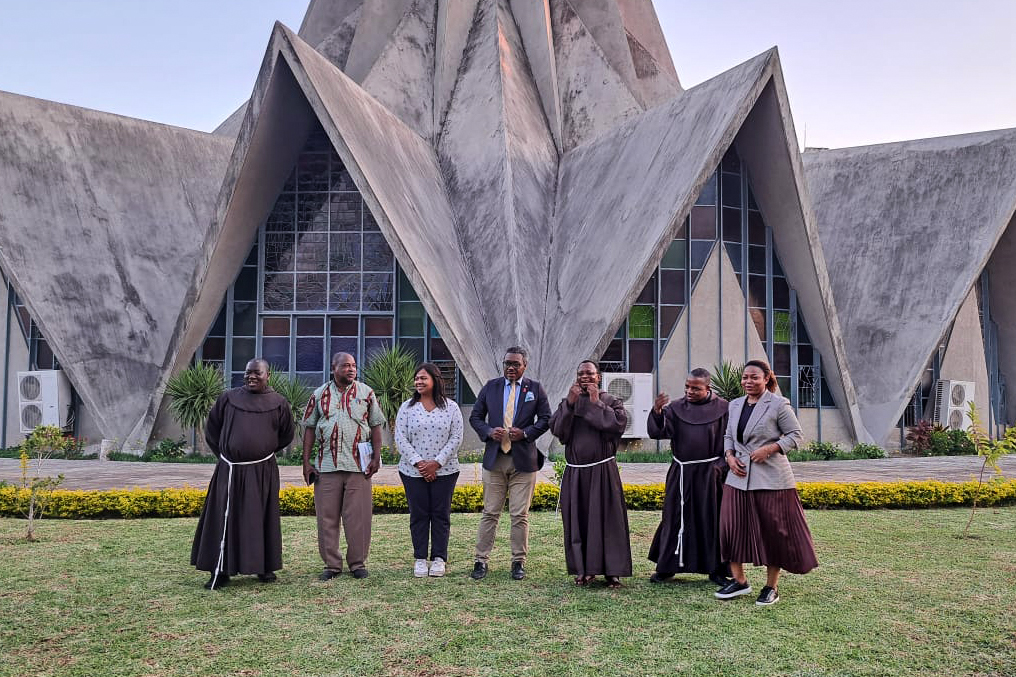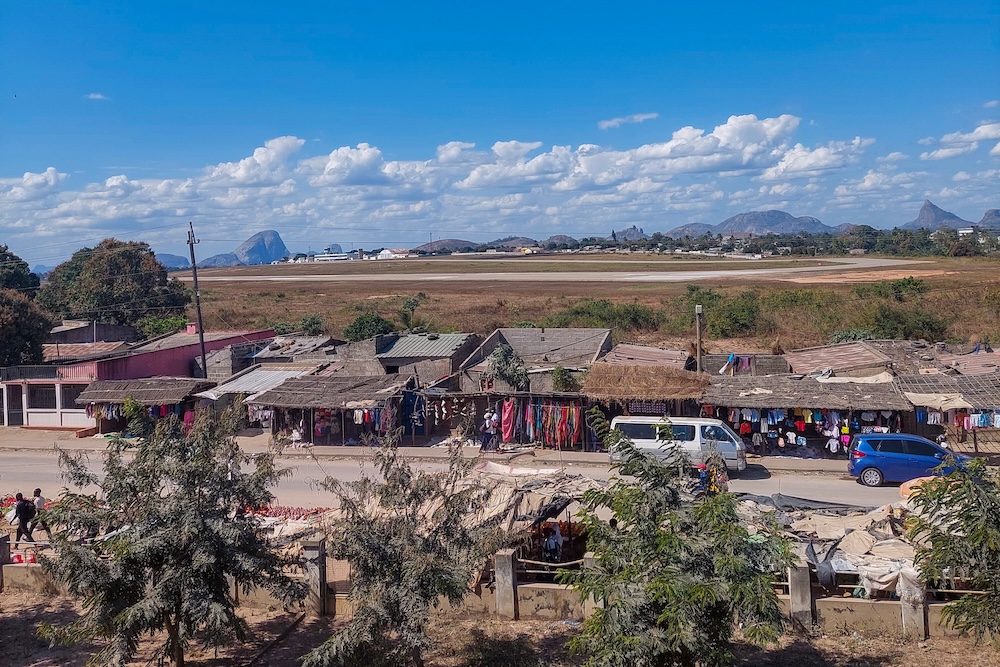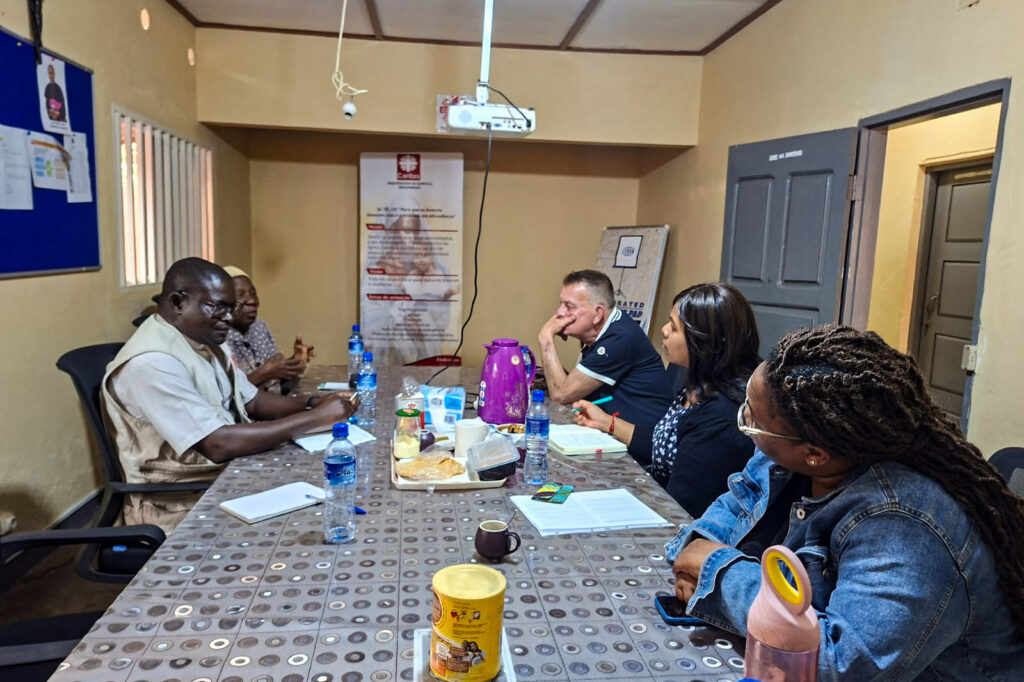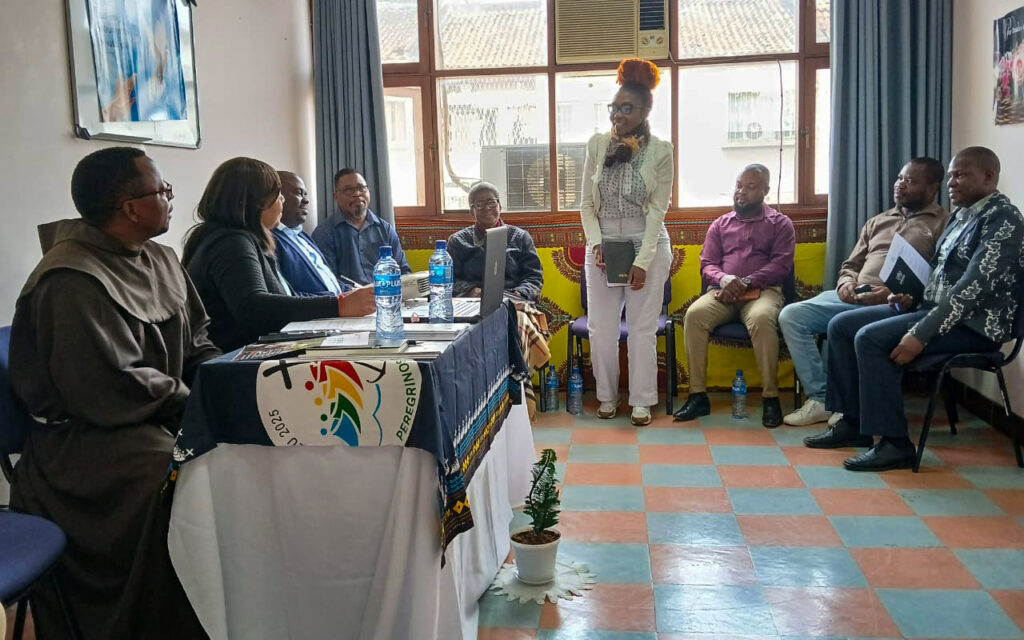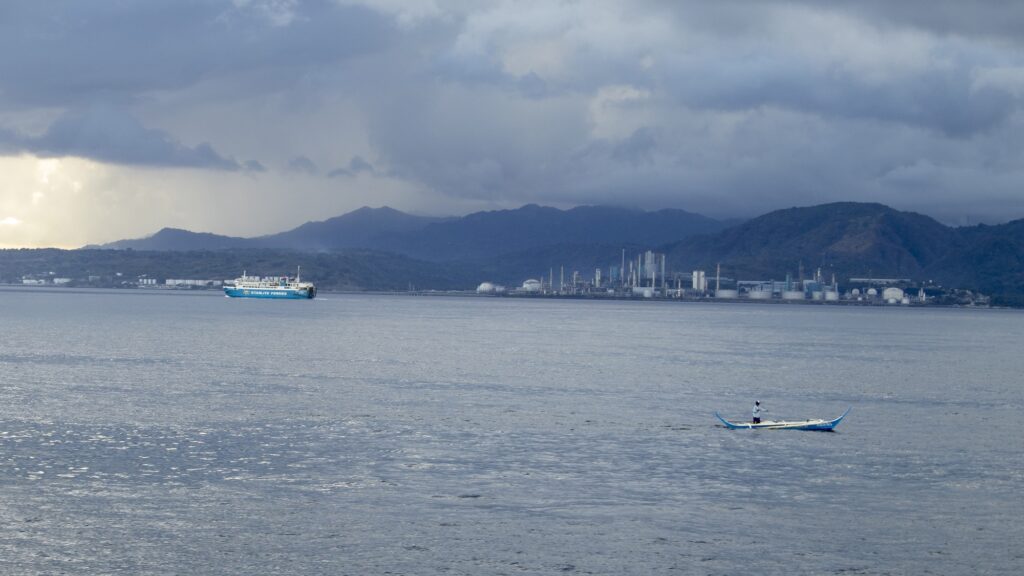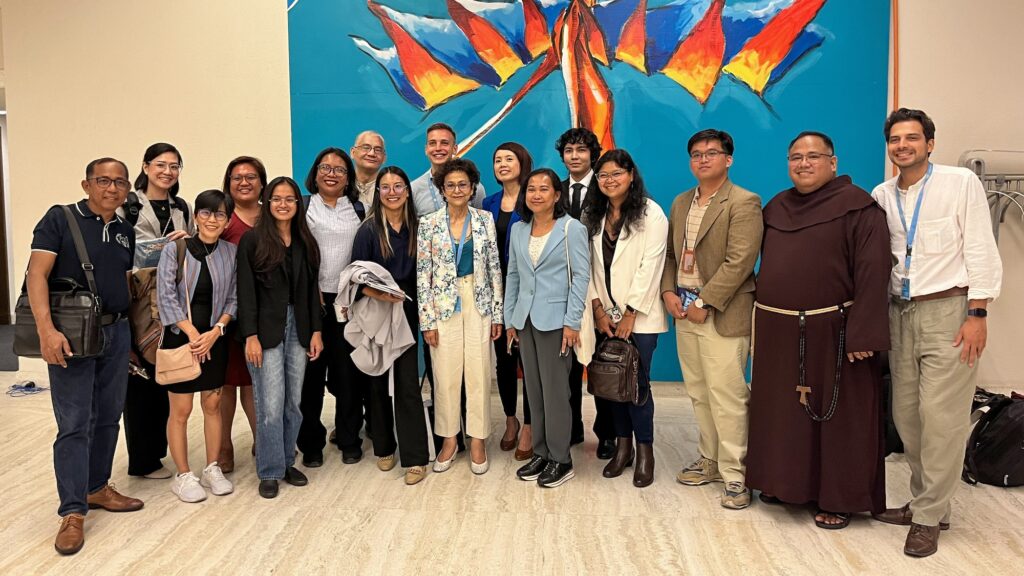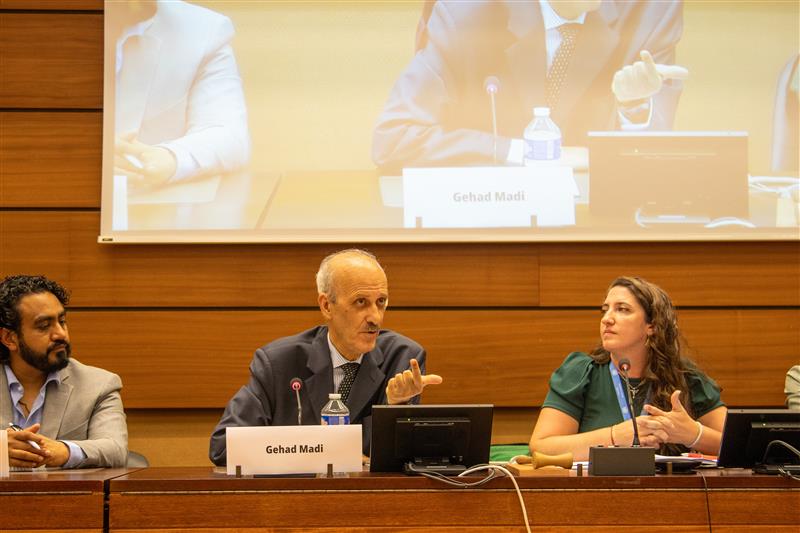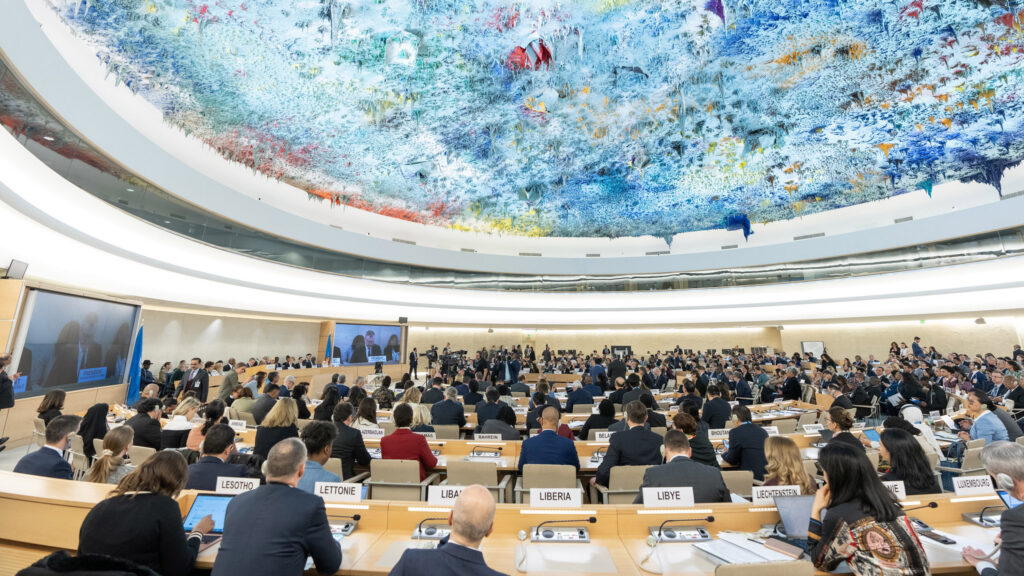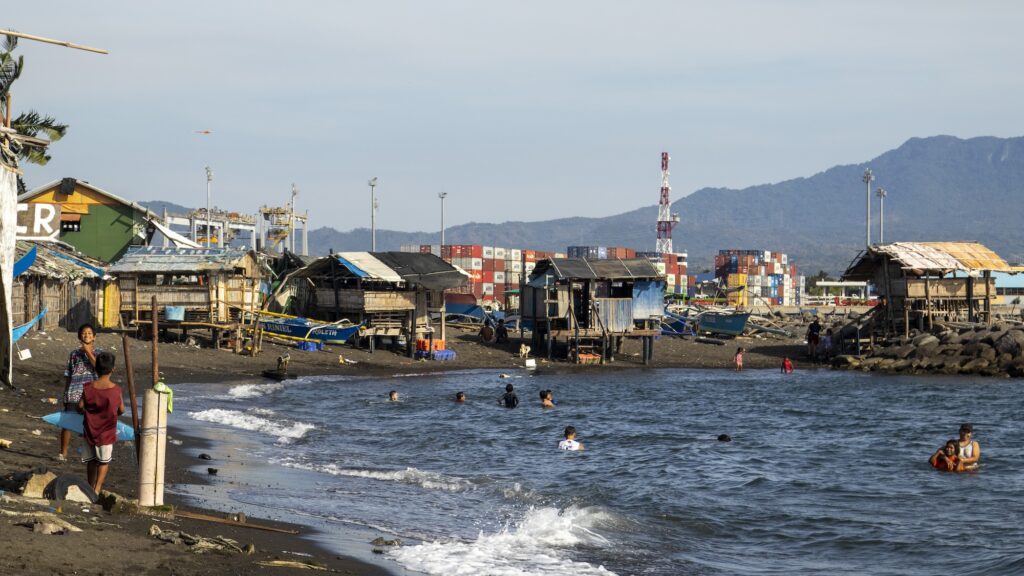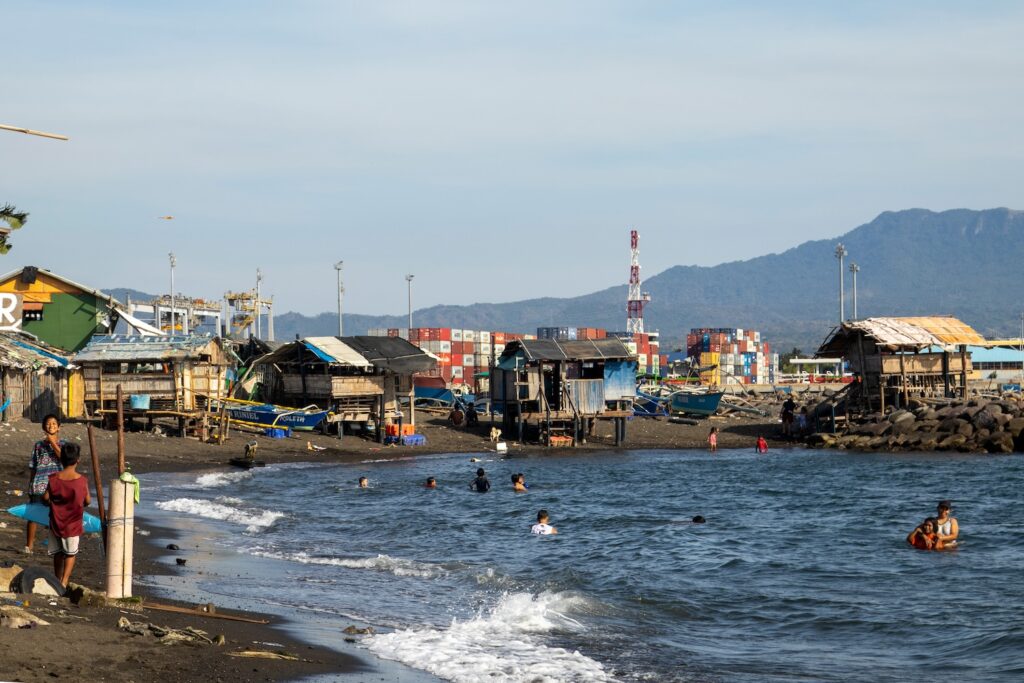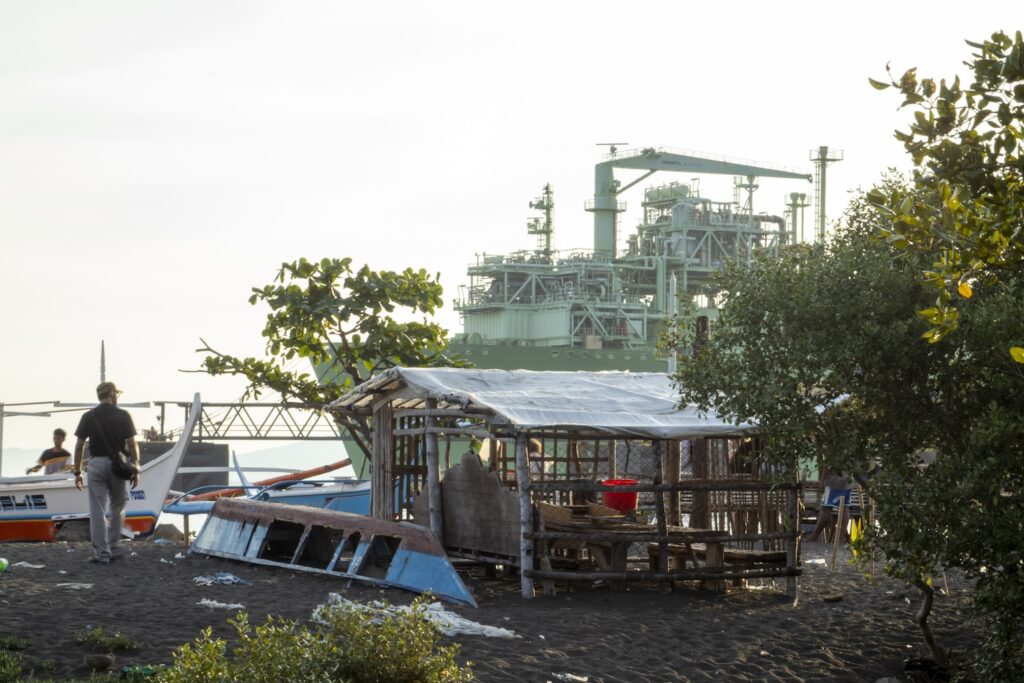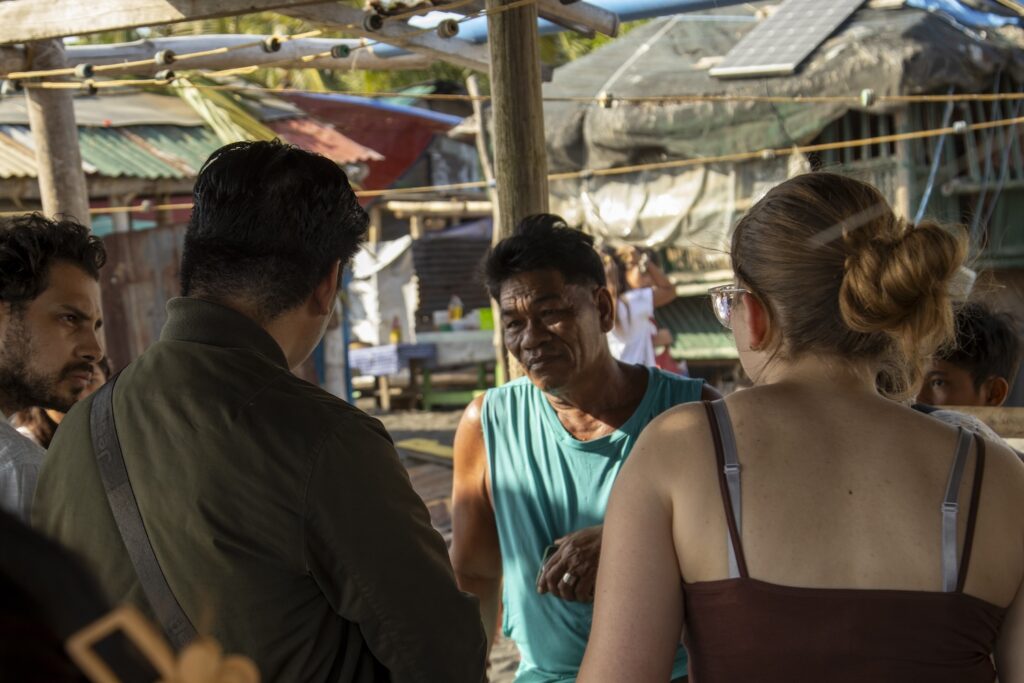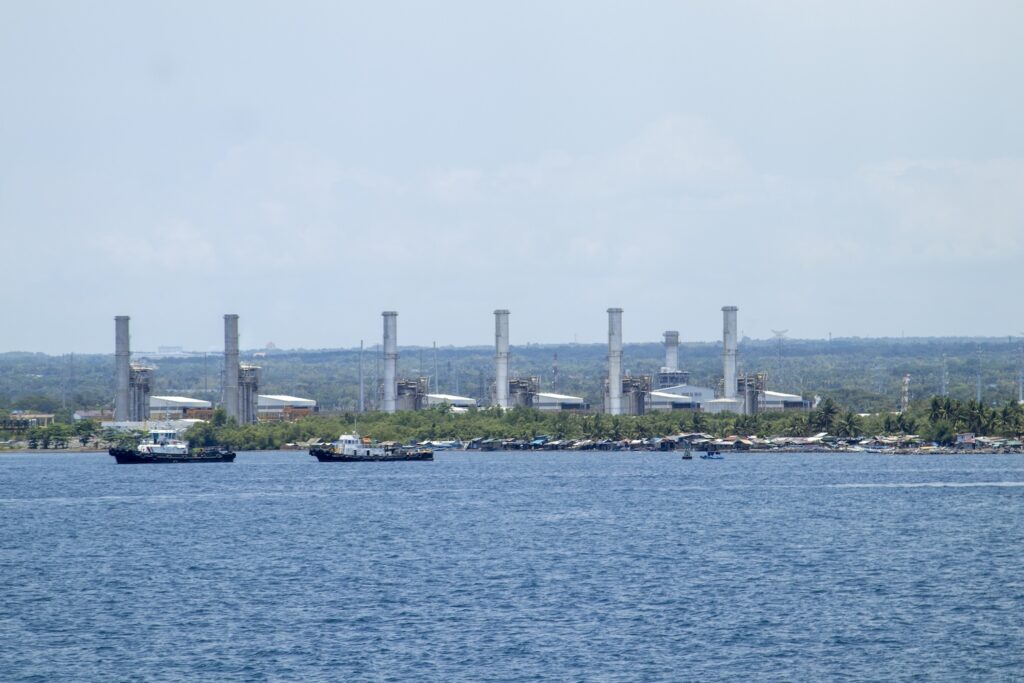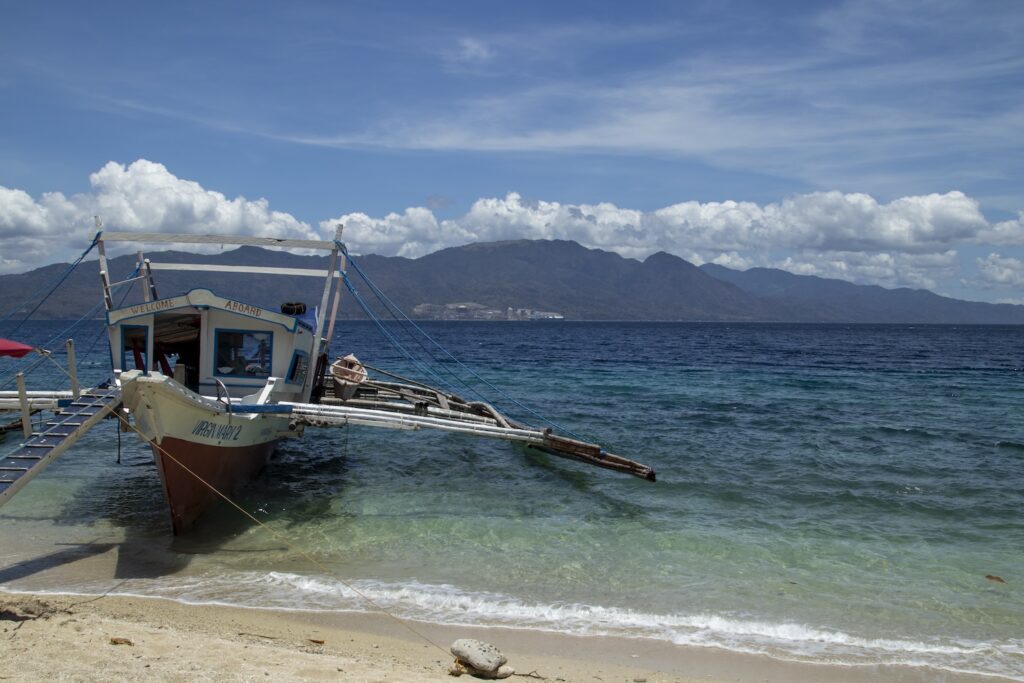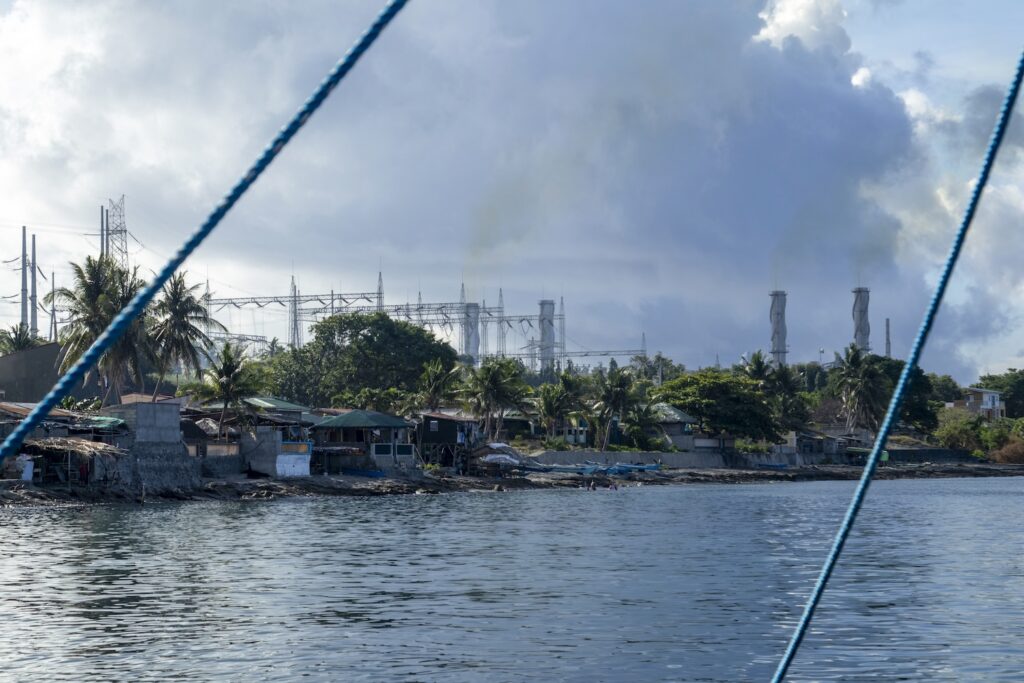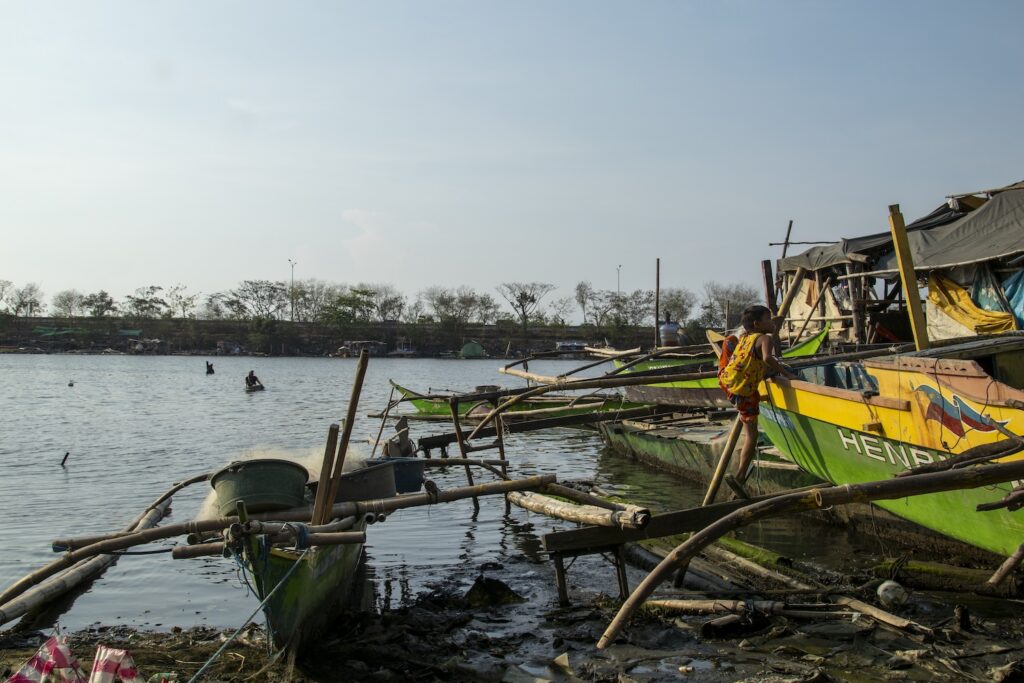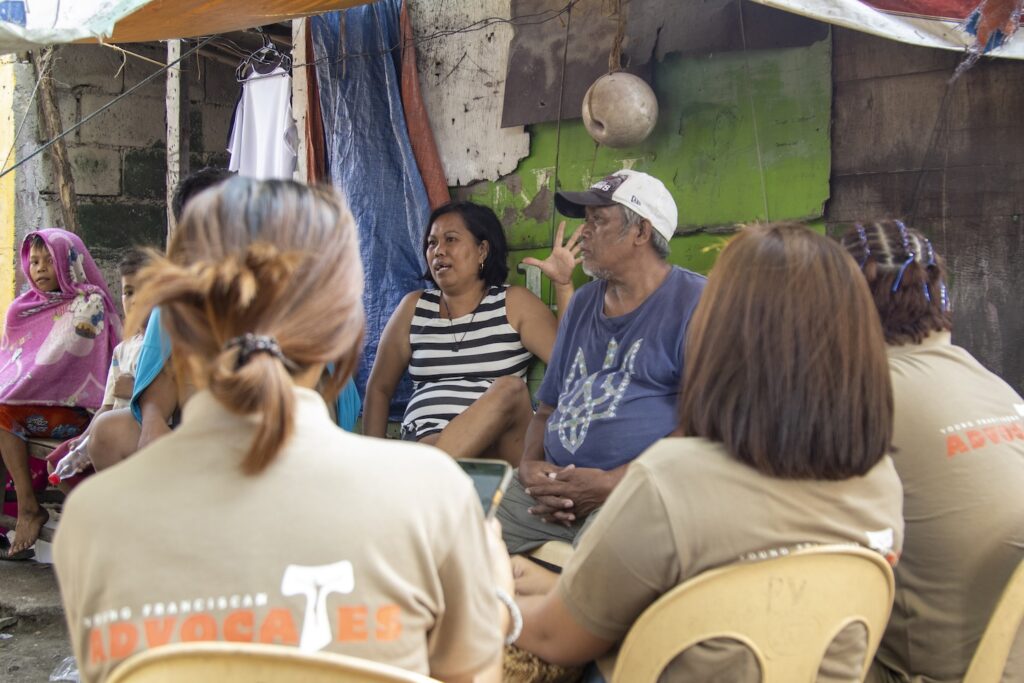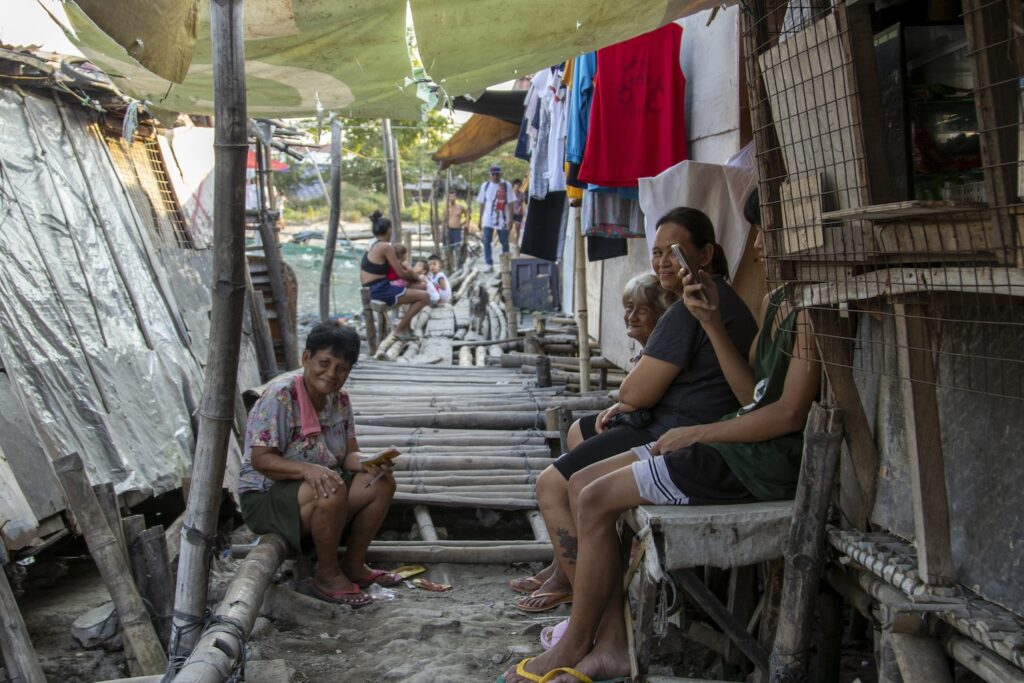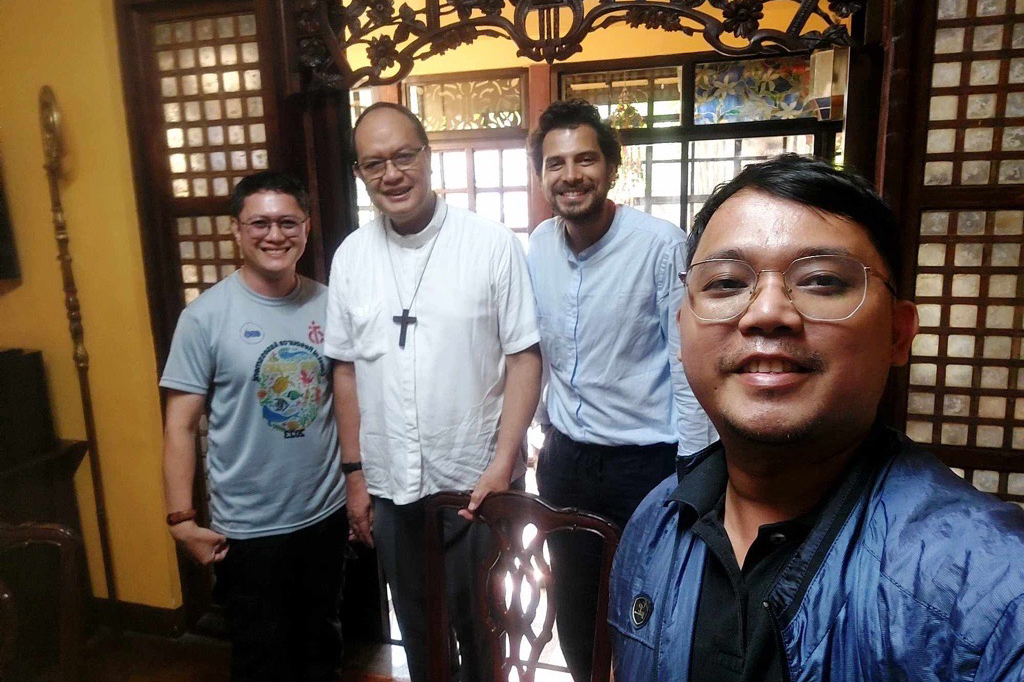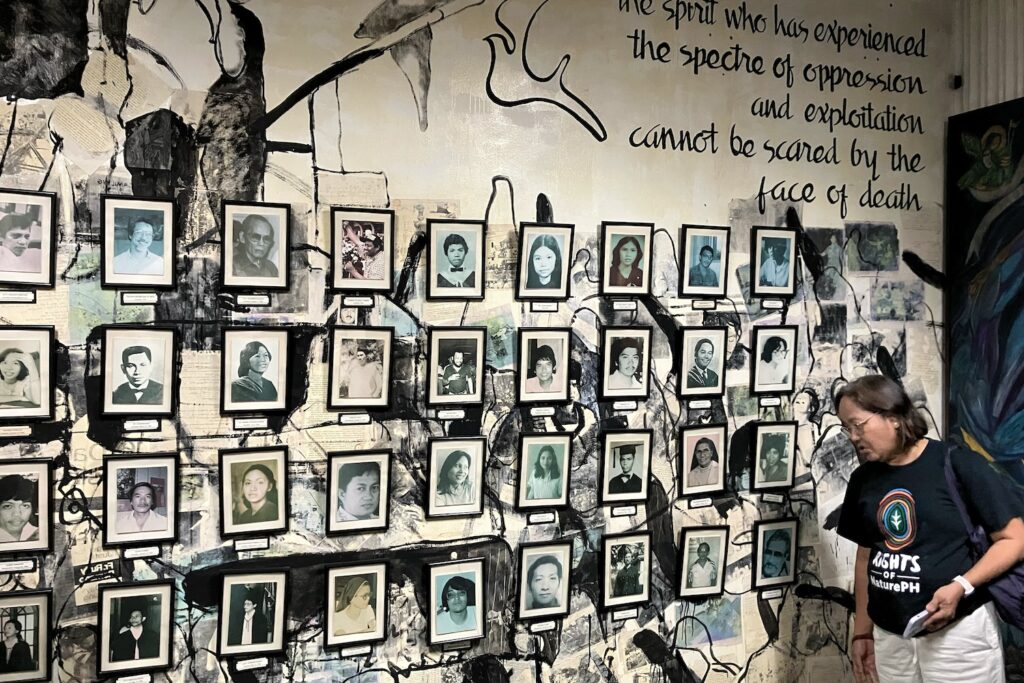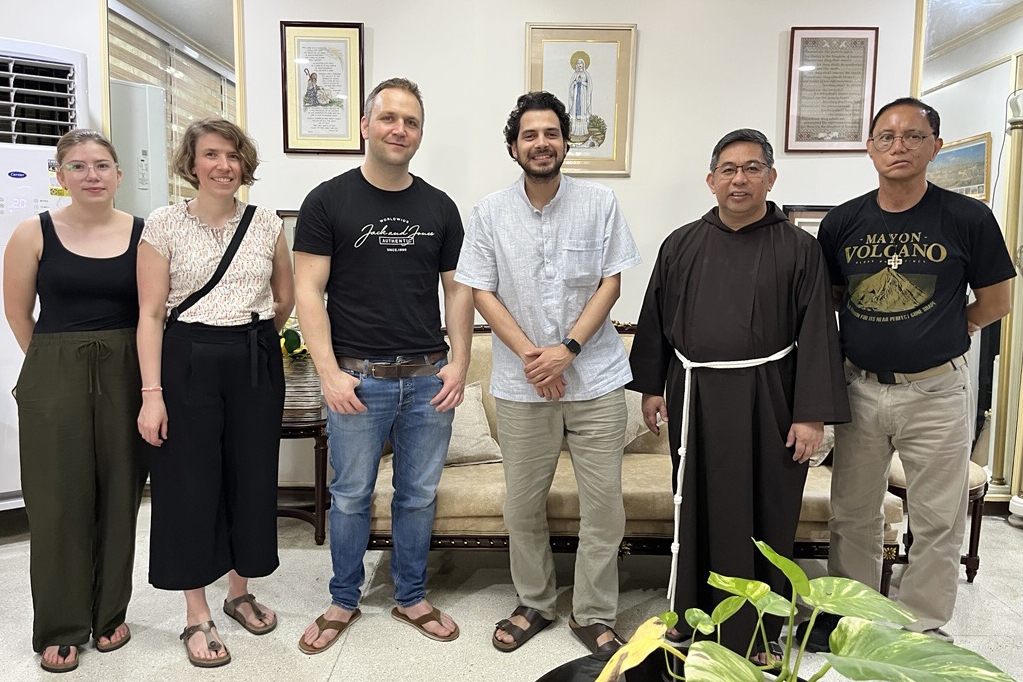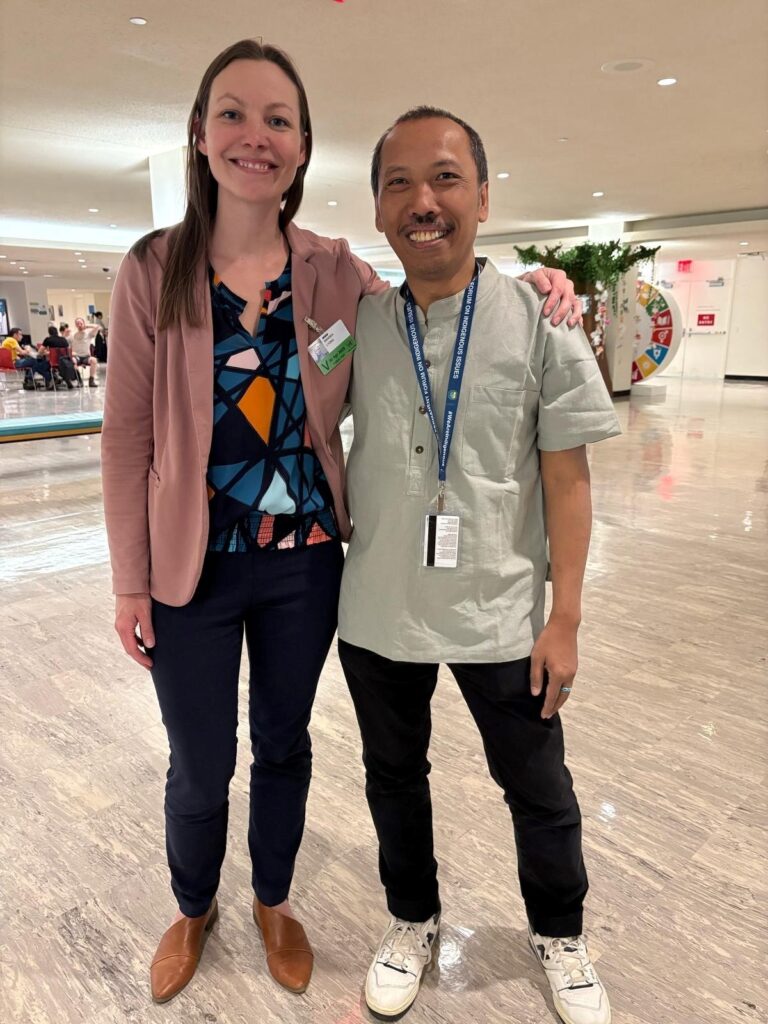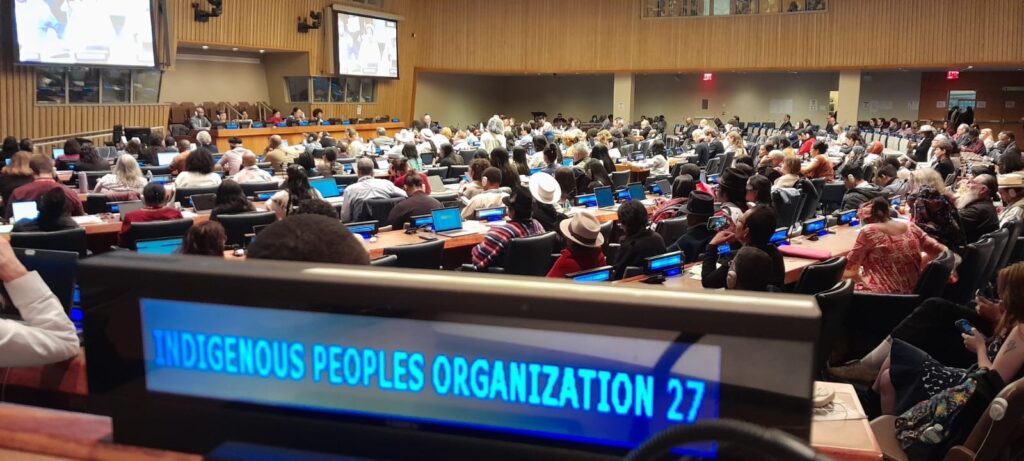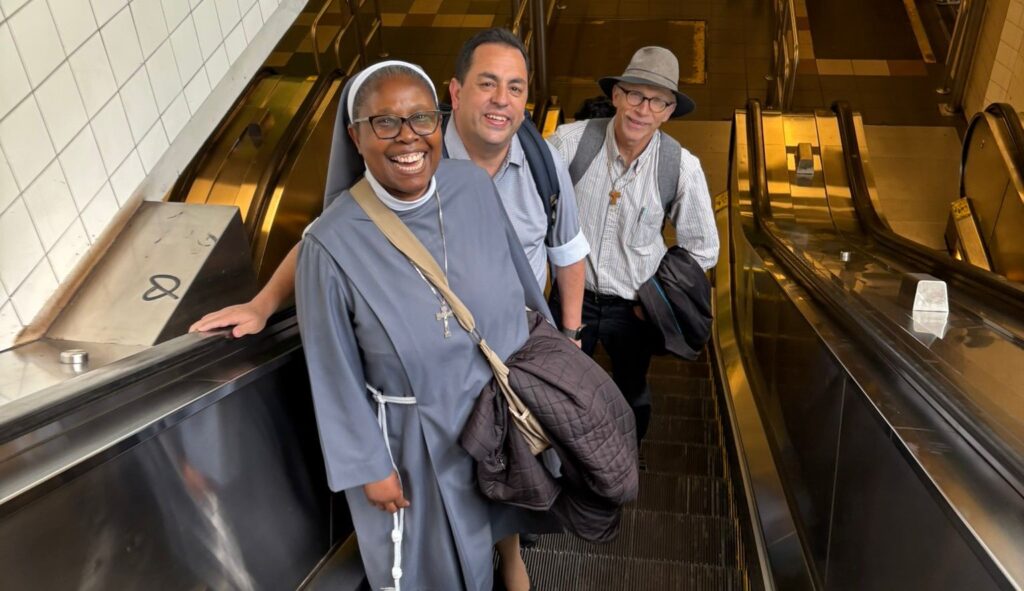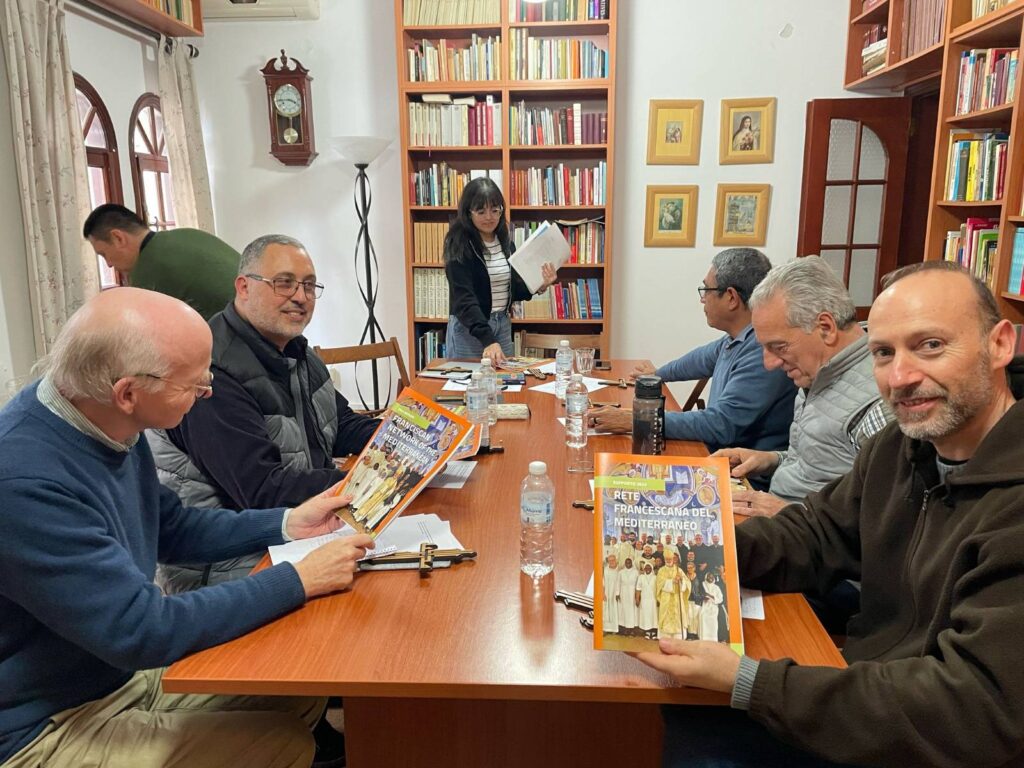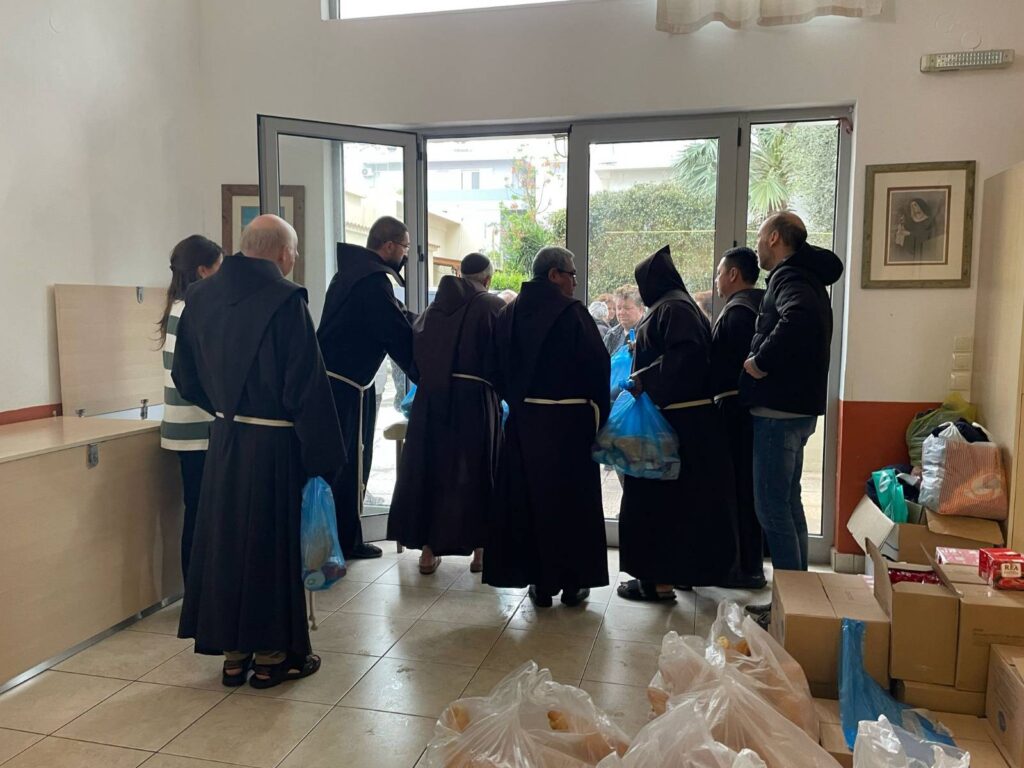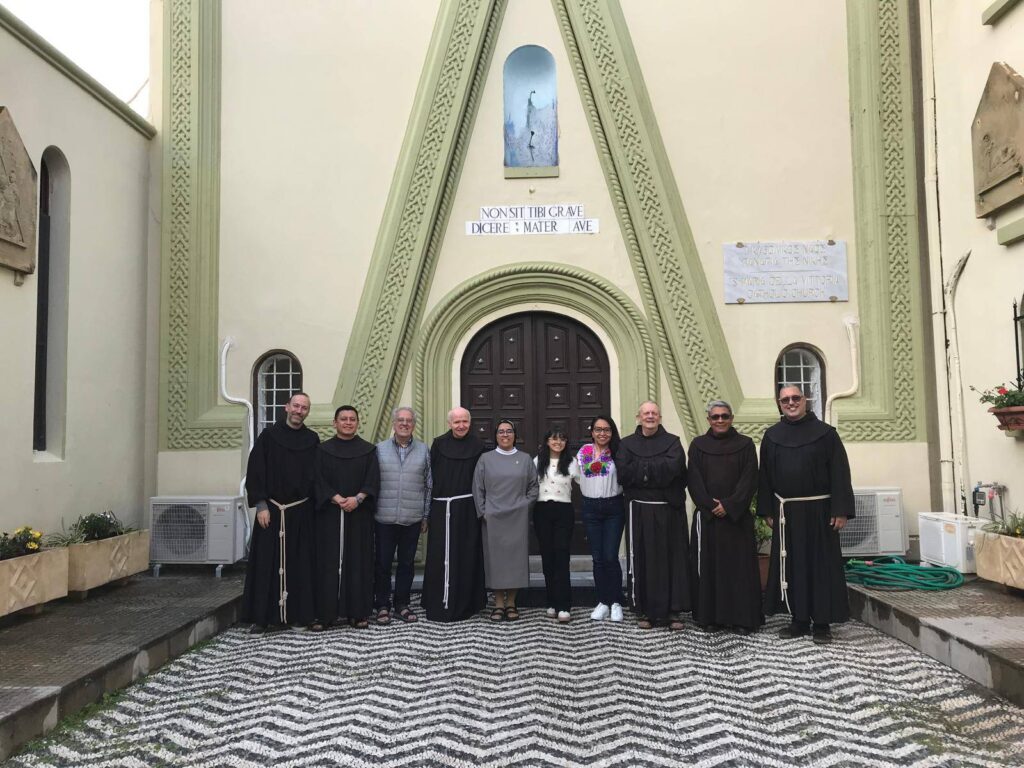The Human Rights Council convenes for its 59th session between 16 June and 9 July 2025. You can find all our statements delivered during this session below as they become available. Our past advocacy interventions are available here.
Item 6: Universal Periodic Review – Bosnia and Herzegovina (2 July)
While welcoming the support for recommendations related to the rights of migrants and the right to a healthy environment, FI also urged the acceptance of recommendations to reinforce institutions that aimed at guaranteeing human rights. Recalling the findings of the Special Rapporteur on the rights to peaceful assembly and association, which indicated that the constitutional situation in the country is fraught, we called on the government to adopt and implement recommendations to strengthen the office of the Ombudsman.
• Full statement (English)
Item 6: Universal Periodic Review – Madagascar (1 July)
The lack of measures targeting extreme poverty in the context of climate change helps fuel internal migration in Madagascar. Although climate-induced extreme weather events are becoming more frequent, local authorities lack the necessary resources and technical expertise to support these displaced communities. During Madagascar’s UPR, we welcomed the launch of a national strategy for human safety that contains a human rights-based approach, including the right to a healthy environment.
• Full statement (French)
Item 6: Universal Periodic Review – Italy (30 June)
Franciscans International commended Italy’s openness to engage with civil society during the review process and welcomed the acceptance of recommendations related to climate adaptation, prisoners’ rights, and the inequitable distribution of health services. Regarding human mobility, we reiterated our call on Italy to uphold international law and ensure that migrants have access to safe and lawful routes, respecting their dignity. Mindful of Italy’s commitment to continuing consultations with civil society and its intention to provide a mid-term report, we expressed our hope that the accepted recommendations will be implemented within a reasonable time frame.
• Full statement (English)
Item 3: Interactive Dialogue with the Special Rapporteur on climate change (30 June)
Welcoming the latest report of the Special Rapporteur on the imperative of defossilizing our economies, we echoed many of her key findings, including that fossil fuel companies have benefited from undue protection under bilateral investment agreements, contracts, and investor-state agreements. This situation must change. Effective national, regional, and international mechanisms must be established and enforced to hold corporations accountable for human rights violations. Accordingly, Franciscans International urged States to actively participate in the ongoing negotiations for a binding treaty on business and human rights.
• Full statement (English)
Item 3: Interactive Dialogue with the Special Rapporteur on the human rights of migrants (20 June)
In a joint statement, we expressed our alarm over the global trend by States to adopt policies that increase the dehumanization and criminalization of migrants. These have resulted in growing numbers of migrants who go missing or who suffer preventable deaths and disappearances. It has also manifested in detention and removal procedures through confidential agreements with third countries that fail to respect procedural safeguards. We commended the Special Rapporteur for his three-pronged approach to prevent disappearances and called on the Council to ensure that migration policies and frameworks are based on international human rights law and prioritize protection.
• Full statement (English)
Item 3: Interactive dialogue with the Special Rapporteur on summary, arbitrary and extrajudicial executions (18 June)
In the Philippines, the families of those killed in the so-called “war on drugs” continue to suffer threats, harassment, and reprisals. As they pursue justice, they’ve also been met with online attacks designed to discredit and intimidate – a trend that intensified after the arrest of former President Rodrigo Duterte. In a joint statement, we called on UN Member States – including the Philippines – to ensure the protection and support of families seeking redress. We also urged the government to extend an invitation to the Special Rapporteur on extrajudicial executions to conduct an official country visit.
• Full statement (English)
Written statements
Shrinking Civic Space in the Philippines: Attacks against Human Rights Defenders and Civil Society Organizations
Despite a vibrant civil society comprising over 60.000 organizations, the environment for those critical of state policies and working on issues related to grave human rights violations and accountability remains extremely challenging in the Philippines. Attacks against and harassment of human rights defenders are frequent and occur with impunity. Documenting many such cases with local partners, Franciscans International offered a set of recommendations to the government to strengthen civic space and protect those working to defend human rights.
• Full statement (English)
Human Rights of Migrants
According to IOM estimates, at least 52.500 people have died during migration linked to humanitarian crises since 2014. These numbers are almost certainly a vast underestimation of the actual number of missing people whose fate remains unknown: for 2024 alone, the non-governmental organization Caminando Fronteras found that 9.757 migrants were lost trying to cross between Africa and the Canary Islands. Franciscans International reintegrated the need for States to provide migrants with safe and viable routes to their destination and called for multi-disciplinary efforts in identifying and informing the families of migrants who have been found, either alive or dead.
• Full statement (English)
Human Rights Situation in Sri Lanka: Accountability, Truth and Justice with regard to the 2019 Easter Sunday Attacks
Six years after the Easter Sunday Attacks, the exact number of people killed in the bombings remains uncertain, with a difference of 56 victims across different investigations and inquiries by authorities. The impact on their families has been profound, as they are ineligible to receive compensation or support. Although more than 40 criminal cases have been filed relating to the attacks, most remain ongoing. Notably, those against powerful officials have repeatedly been delayed. Ahead of the 59th session of the Human Rights Council, Franciscans International submitted several recommendations to ensure transparency, accountability, and justice for the victims of the attacks.
• Full statement (English)
Thumbnail photo: UN Photo / Jean Marc Ferré
